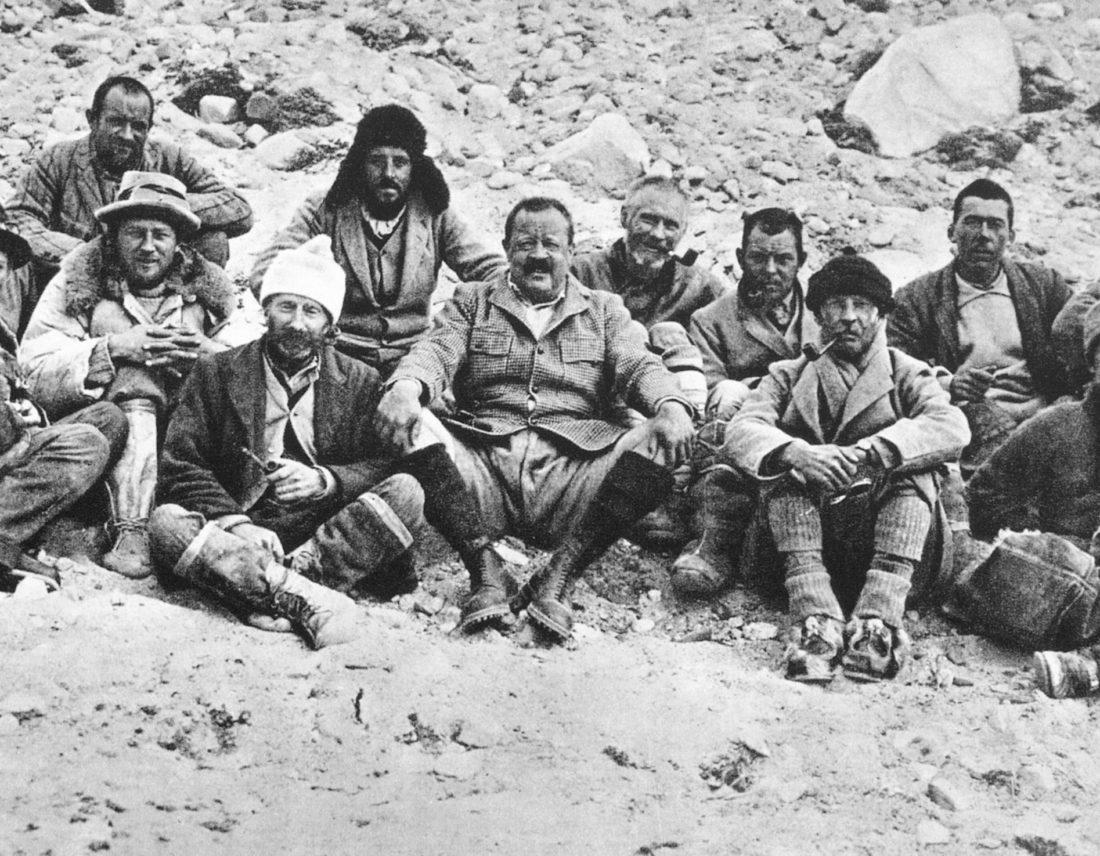Khelkud and Chadi: A HISTORY OF SPORTING ACHIEVEMENTS IN THE BRIGADE OF GURKHAS
From the frontline to the finish line, Gurkhas have throughout their history proved themselves not only as remarkable soldiers but natural sportsmen too. Their sporting prowess is evidenced throughout the Brigade of Gurkhas’ long and proud sporting heritage, spanning from the playing fields of the 19th century to the wide variety of competitions participated in by the soldiers and officers today.
Even the Brigade’s current recruitment process involves an element of the sportsman. Potential recruits not only have to be extremely physically fit generally, but must also complete the arduous Doko Run, carrying a weighted basket up over 5km of steep hill as fast as possible. Once recruits have successfully passed selection, both physical training and sport become key parts of their time within the British Army. Historic trophies such as the Nepal Cup are still competed for annually by the units within the Brigade, while individual soldiers participate in an array of wider army sporting competitions, from target shooting to martial arts.
This exhibition showcases the remarkable range of sporting achievements of the Brigade of Gurkhas throughout history.
We are delighted to share this exhibition free of charge however welcome donations to The Gurkha Museum Trust if you feel able. The Gurkha Museum Trust is a charity that relies on your support. Every donation large or small enables us to continue celebrating, honouring and promoting the history and culture of the Gurkha Soldier and their continuing service to Britain.


